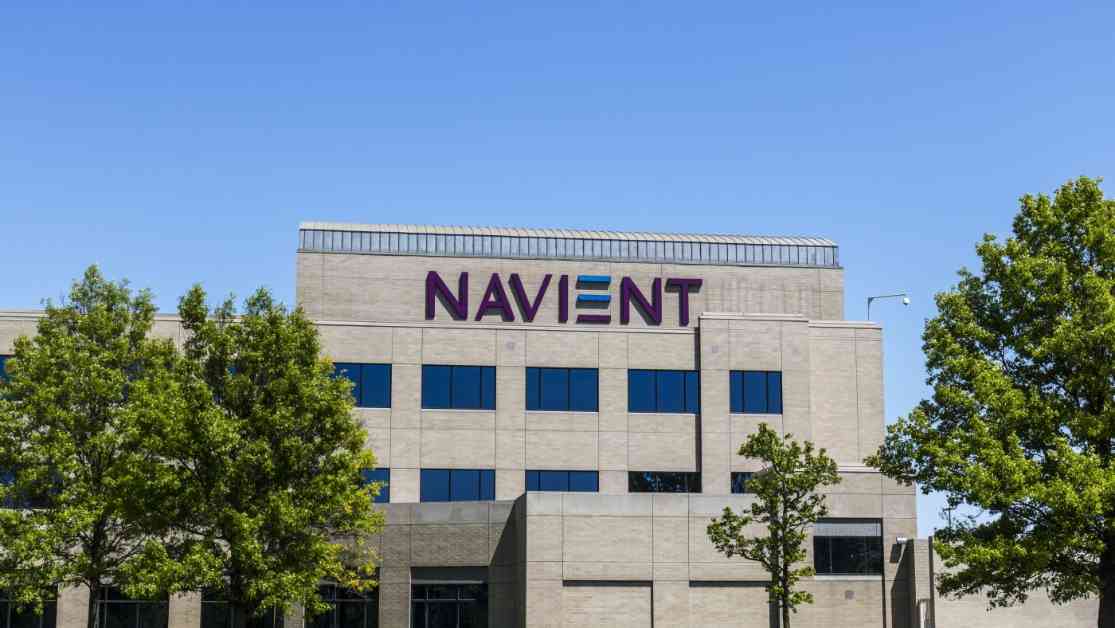Navient, a prominent player in the student loan servicing industry, has recently settled a significant lawsuit with the Consumer Financial Protection Bureau (CFPB) for $120 million. This settlement has resulted in Navient being permanently banned from servicing federal student loans. The company, which was once one of the largest student loan servicers in the country, has agreed to pay a $20 million penalty and provide $100 million in relief to affected borrowers. The CFPB will be mailing checks to eligible borrowers, who will not have to take any action to receive their compensation.
The CFPB’s Director, Rohit Chopra, spoke out against Navient’s actions, stating that the company’s top executives had profited at the expense of students and taxpayers. By banning Navient from federal student loan servicing and ensuring the winddown of its operations, the CFPB aims to put an end to the years of abuse that have been inflicted on borrowers.
The settlement stems from a lawsuit filed by the CFPB in 2017, which accused Navient of misleading student loan borrowers and mishandling their payments. The bureau alleged that Navient violated several federal laws, including the Consumer Financial Protection Act, the Fair Credit Reporting Act, and the Fair Debt Collection Practices Act. Among the accusations were claims that Navient misled borrowers about income-driven repayment plans, processed payments incorrectly, harmed the credit of disabled borrowers, deceived borrowers about cosigner release requirements, and provided misleading information about credit score improvement and federal student loan rehabilitation.
Navient, which was previously contracted by the U.S. Department of Education to service federal student loans, announced in July 2021 that it would no longer be servicing these loans. The company had serviced loans for over 12 million borrowers and managed approximately $300 million in federal and private student loans.
In response to the settlement, Navient released a statement indicating that while they do not agree with the CFPB’s allegations, they view the agreement as a step forward in their efforts to transform the company. The company emphasized that the resolution would help put past issues behind them.
This settlement is not the first legal challenge that Navient has faced in recent years. In 2022, the company reached a separate agreement with 39 state attorneys general to cancel $1.7 billion in student loan debts owed by around 66,000 borrowers. This settlement followed allegations that Navient had directed borrowers towards forbearances instead of more flexible repayment options and that its former owner, Sallie Mae, had issued subprime loans to vulnerable borrowers.
As part of the 2022 settlement, Navient agreed to pay $95 million to states for reimbursement to affected borrowers. This payment was intended to provide roughly $260 each to 350,000 borrowers who had been impacted by Navient’s practices.
In conclusion, the recent settlement between Navient and the CFPB marks a significant development in the student loan servicing industry. The repercussions of this agreement will not only impact Navient’s operations but also serve as a warning to other companies in the industry about the consequences of misleading and mistreating borrowers. As the student loan landscape continues to evolve, it is crucial for servicers to prioritize transparency, accountability, and fair treatment of borrowers to ensure a more equitable lending environment for all.


